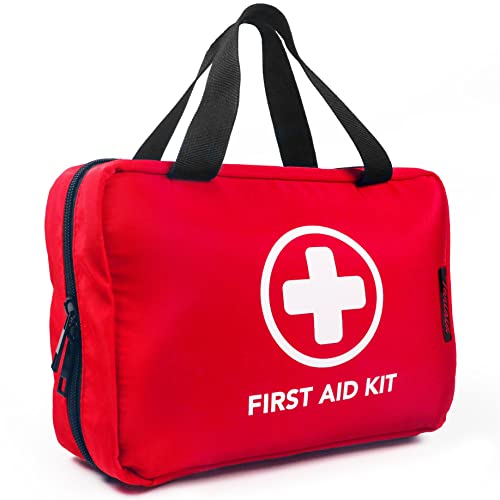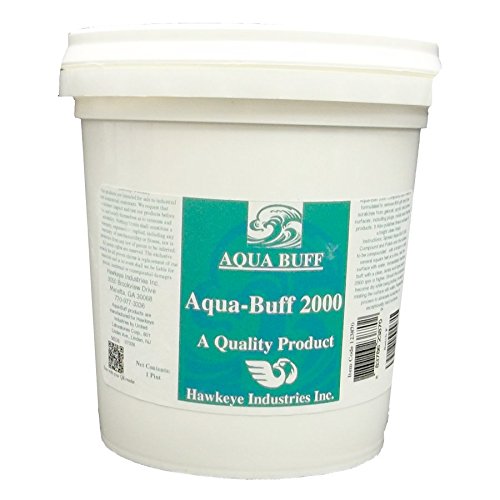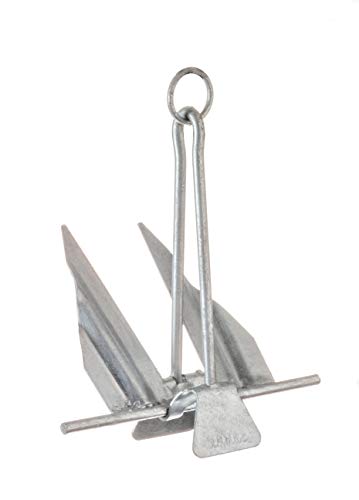sixgun86
Well-known member
I've always heard ethanol was bad news but I never really understood why. Thanks to a fella on GCFC in P-cola took the time to piece together some articles and explain why... Thought I would share his post as it was helpful for me.
Recommended to keep the gas tank as low as possible when not in use. 10 gallons of gas has roughly one gallon of Ethanol. Run a fuel water separator filter and change it every 6mon's, 50hrs.
Kenny Mann
Emerald Coast Marine LLC
My Article on Ethanol
This is my written article on Ethanol, this is my opinion only, and does not represent any legal, moral, medical, or ethical warranties, some of this was copied and pasted from the internet and not my nomenclature, again this is my opinion only.
ETHANOL
What is it and why the hell are we using it.
It all started with the Clean Air Act of 1981, the federal government mandated they quit using Lead in the fuel as an Octane enhancer. The way to do this was to blend the fuel with an Oxygenate. the Oxygenate choice was MTBE,
What is MTBE?
MTBE (methyl tertiary-butyl ether) is a chemical compound that is manufactured by the chemical reaction of methanol and isobutylene. MTBE is produced in very large quantities (over 200,000 barrels per day in the U.S. in 1999) and is almost exclusively used as a fuel additive in motor gasoline. It is one of a group of chemicals commonly known as "oxygenates" because they raise the oxygen content of gasoline. At room temperature, MTBE is a volatile, flammable and colorless liquid that dissolves rather easily in water.
Why is it used?
MTBE has been used in U.S. gasoline at low levels since 1979 to replace lead as an octane enhancer (helps prevent the engine from "knocking"). Since 1992, MTBE has been used at higher concentrations in some gasoline to fulfill the oxygenate requirements set by Congress in the 1990 Clean Air Act Amendments. (A few cities, such as Denver, used oxygenates (MTBE) at higher concentrations during the wintertime in the late 1980's.)
Oxygen helps gasoline burn more completely, reducing harmful tailpipe emissions from motor vehicles. In one respect, the oxygen dilutes or displaces gasoline components such as aromatics (e.g., benzene) and sulfur. In another, oxygen optimizes the oxidation during combustion. Most refiners have chosen to use MTBE over other oxygenates primarily for its blending characteristics and for economic reasons.
What are the oxygenate requirements of the Clean Air Act?
The Clean Air Act Amendments of 1990 (CAA) require the use of oxygenated gasoline in areas with unhealthy levels of air pollution. The CAA does not specifically require MTBE. Refiners may choose to use other oxygenates, such as ETHANOL
Now on with the Problem with Ethanol
Ethanol is a very good cleaner and it is more attracted to water than gasoline, here inlies the problem, Ethanol blends good with gasoline, but it like water more, and because all marine vessels fuel cells are vented to the atmosphere the Ethanol has a very good source of water to absorb and a .05% it will Phase Seperate,
What is Phase Seperation
Phase Seperation is the action of Ethanol Absorbing to much water and because water is heavier than fuel when this occurs it falls to the bottom of the fuel cell. thus taking all the ethanol with it.
this lowers the Octane level of the fuel and becomes very corrosive. and this is what is killing our engines and fuel systems.
There is no magic chemical or additive out there that can battle Ethanol.. what there is are some chemicals that have more corrision inhibitors and rust inhibitors and they do help. the best solution is to filter, filter, filter, and to avoid ethanol staitons.
Recommended to keep the gas tank as low as possible when not in use. 10 gallons of gas has roughly one gallon of Ethanol. Run a fuel water separator filter and change it every 6mon's, 50hrs.
























































